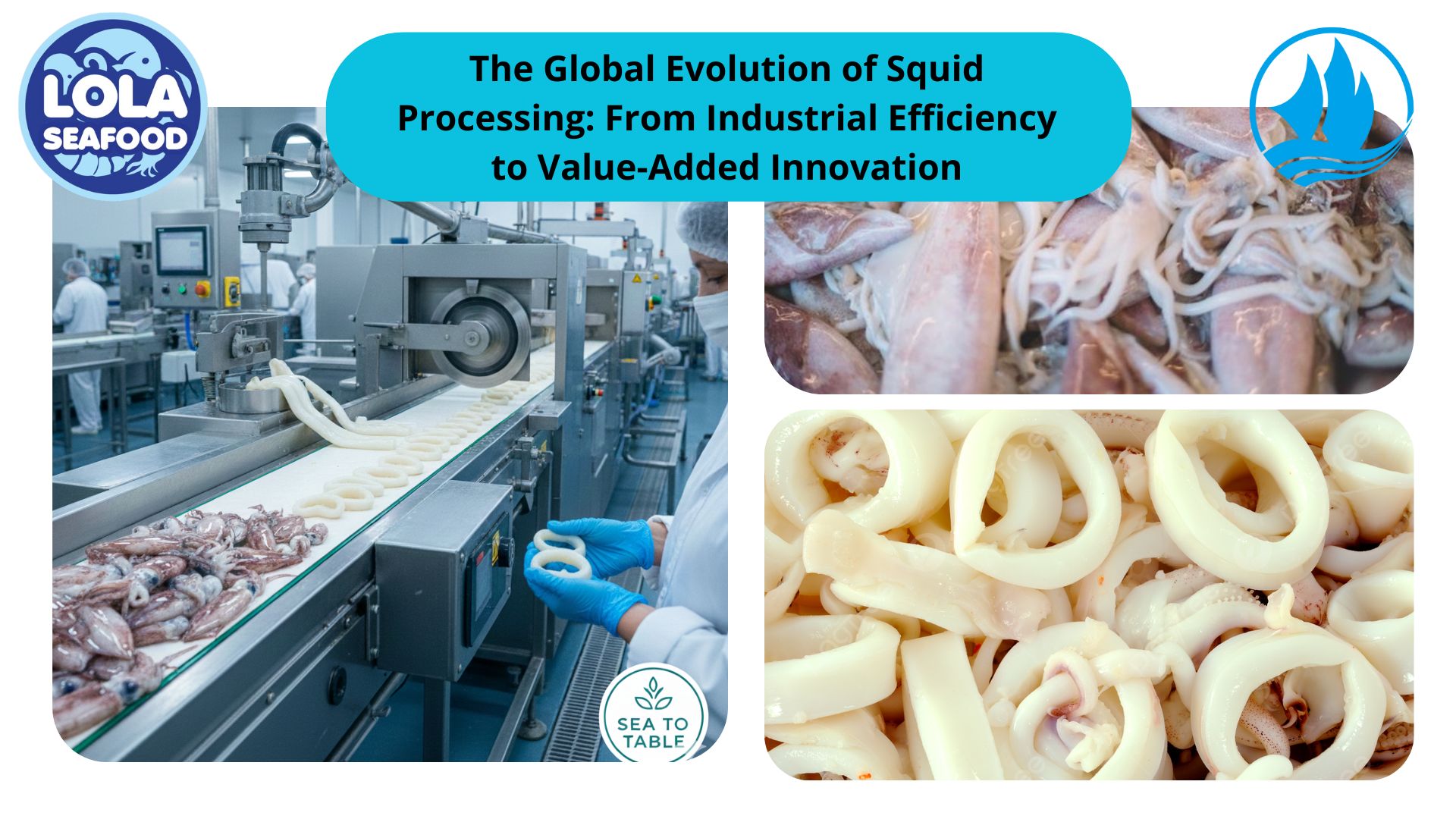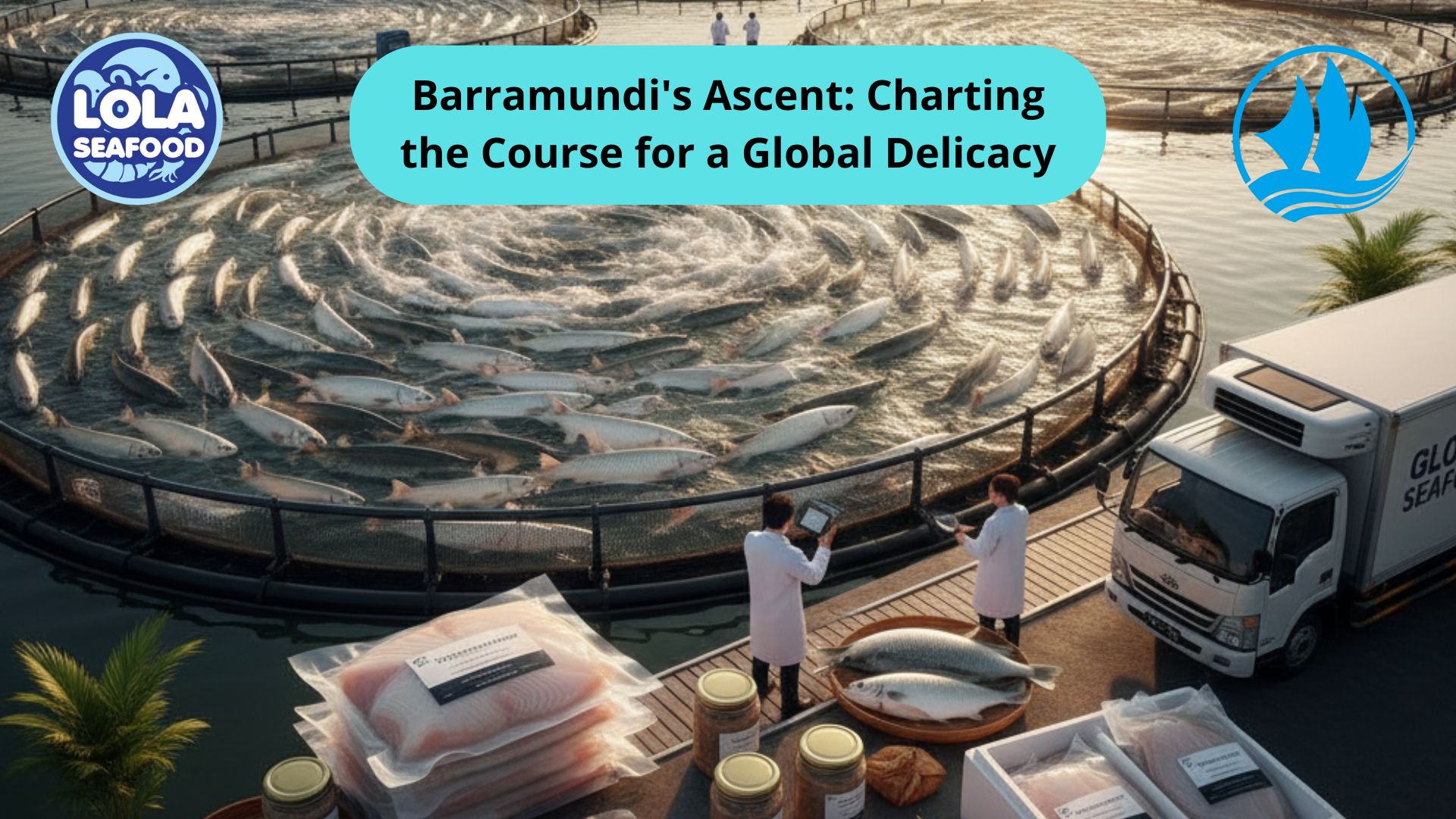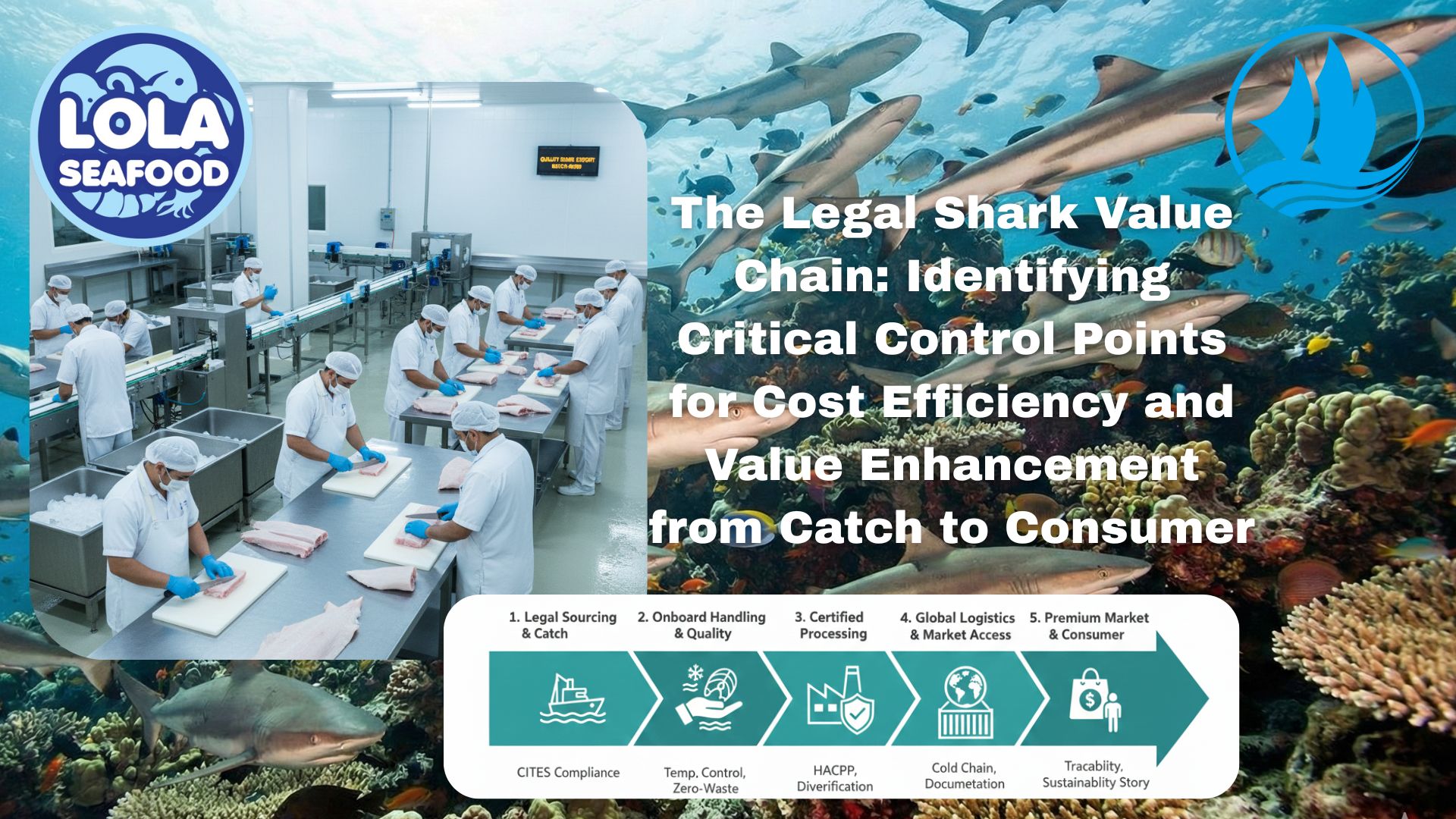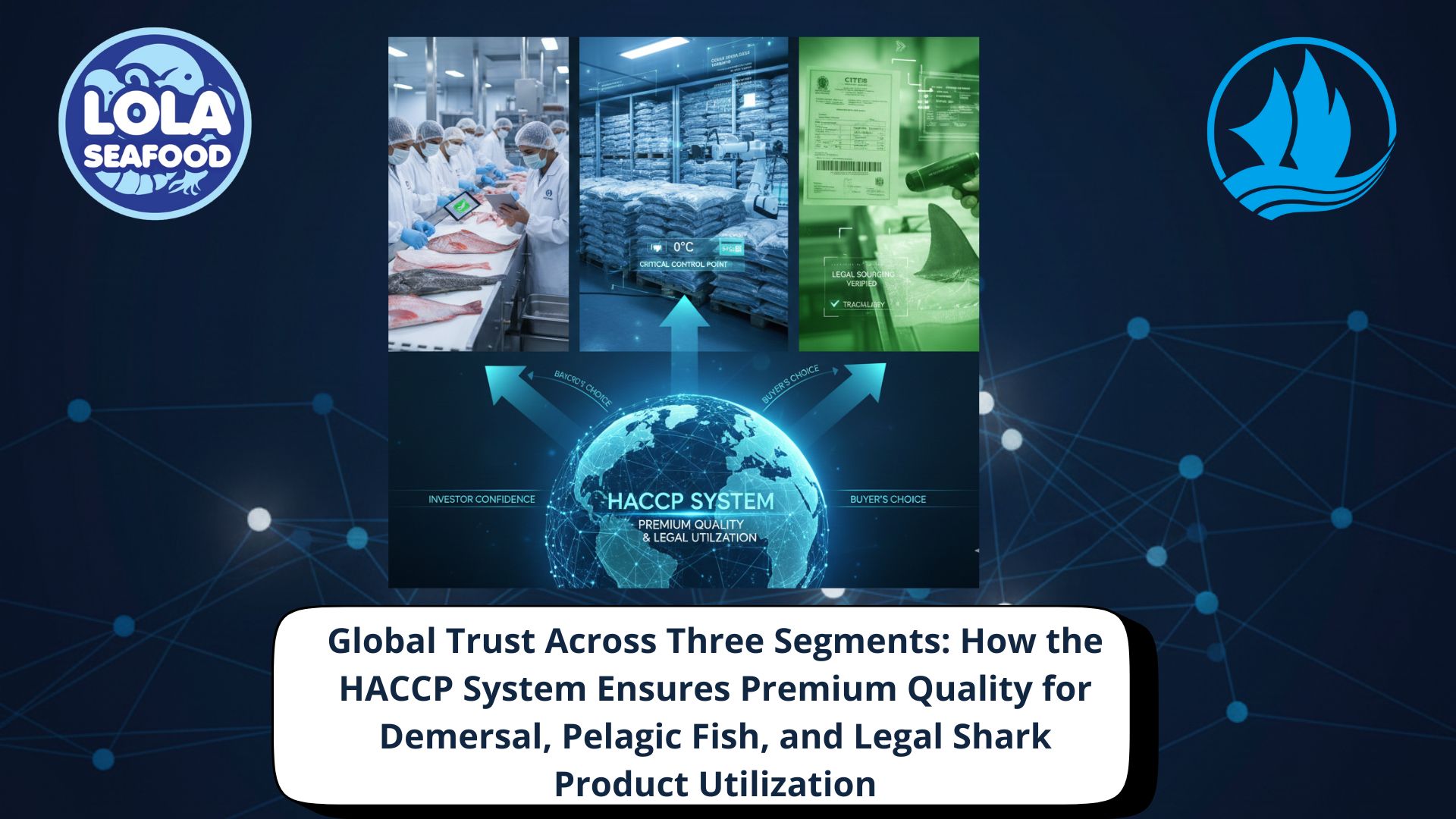This Is the Amazing World of Baby Octopuses
By. Nugroho Luhur - 23 Dec 2024.jpg)
Kelolalaut.com Baby octopuses, also called hatchlings, are tiny wonders of the marine world. These miniature cephalopods are not only adorable but also incredibly intriguing due to their remarkable intelligence, adaptability, and unique life cycle. From the moment they hatch, baby octopuses begin an extraordinary journey filled with challenges and triumphs.
- The Birth of an Octopus
Octopus hatchlings emerge from eggs laid by their mothers, who exhibit remarkable dedication to ensuring their offspring's survival. Female octopuses lay thousands of eggs in carefully selected, sheltered locations, such as crevices or under rocks. During the incubation period, which can last weeks or even months depending on the species, the mother tirelessly protects and aerates the eggs, often at the cost of her own life.
When the eggs hatch, the baby octopuses are mere millimetres in size, resembling miniature versions of their adult counterparts. At this stage, they are called "paralarvae" and are extremely vulnerable to predators and environmental conditions.
- Adaptations for Survival
Despite their small size, baby octopuses are equipped with remarkable adaptations that increase their chances of survival. They possess chromatophores—special pigment cells that allow them to change colour and blend seamlessly with their surroundings. This camouflage ability helps them avoid predators in the open ocean.
Additionally, baby octopuses are skilled swimmers. Using their siphon—a tube-like structure—they can jet-propel themselves through the water with surprising speed. This mobility is crucial for escaping threats and seeking food.
- Life in the Planktonic Stage
After hatching, baby octopuses often spend weeks to months in a planktonic stage, drifting with ocean currents. During this period, they feed on tiny plankton, including copepods and larval fish, using their tentacles to capture prey. While this stage offers abundant food, it also exposes them to a high risk of predation.
Only a small fraction of baby octopuses survive this stage, as they are preyed upon by larger fish, seabirds, and other marine creatures. Those that do survive eventually settle on the ocean floor, where they begin their transformation into juvenile octopuses.
- Signs of Intelligence
Even at a young age, octopuses demonstrate behaviours that hint at their exceptional intelligence. They can solve simple problems, navigate their environment effectively, and exhibit curiosity about their surroundings. These traits, combined with their physical dexterity, make them one of the most intriguing marine species to study.
- Ecological Importance
Baby octopuses play a vital role in marine ecosystems. As both predators and prey, they contribute to the balance of oceanic food chains. Their presence supports the survival of many species, highlighting their ecological significance despite their diminutive size.
- Conservation and Challenges
Like many marine creatures, baby octopuses face threats from habitat destruction, climate change, and pollution. Efforts to protect their habitats and reduce human impact on marine environments are essential to ensure their survival.
Baby octopuses are remarkable creatures that embody resilience, adaptability, and beauty. Their journey from tiny hatchlings to intelligent adults is a testament to the wonders of the natural world, captivating scientists and ocean enthusiasts alike.
If youre interested in our Baby Octopus Flower and Baby Octopus Whole Cleaned please do not hesitate to contact us through email and/or whatsapp.
.jpg)
The Impact of HACCP-Based Integrated Quality Management Programs on the Quality and Competitiveness of Fresh Demersal Fish Products
 and Employee Productivity on the Demersal Fish Processing Floor.jpg)
The Correlation Between Occupational Health and Safety (OHS) and Employee Productivity on the Demersal Fish Processing Floor
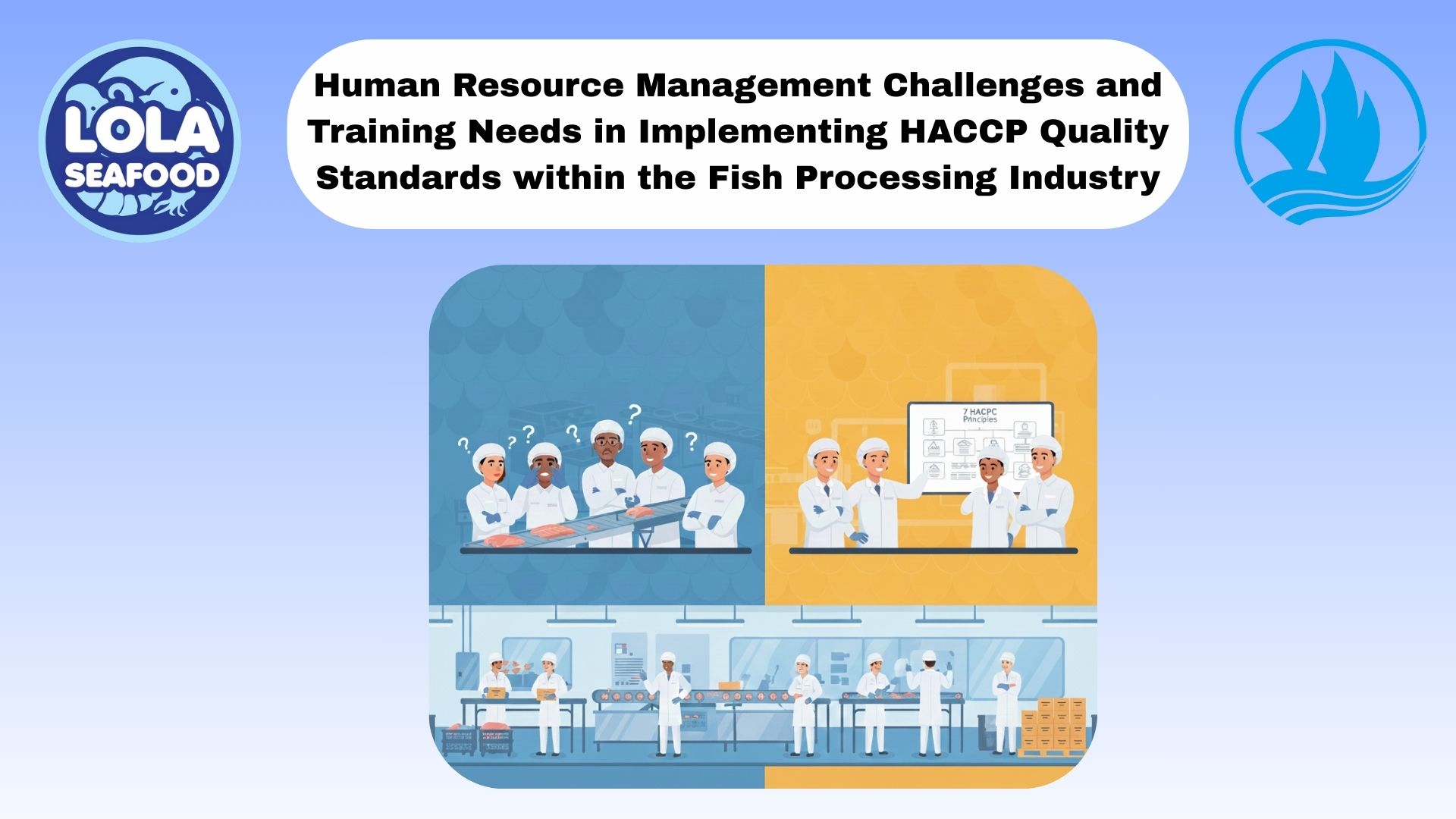
.jpg)
